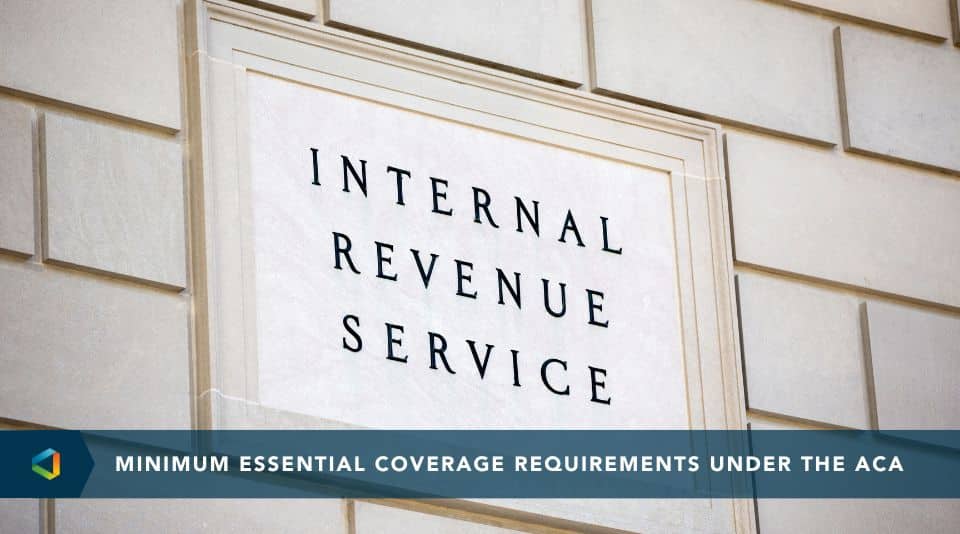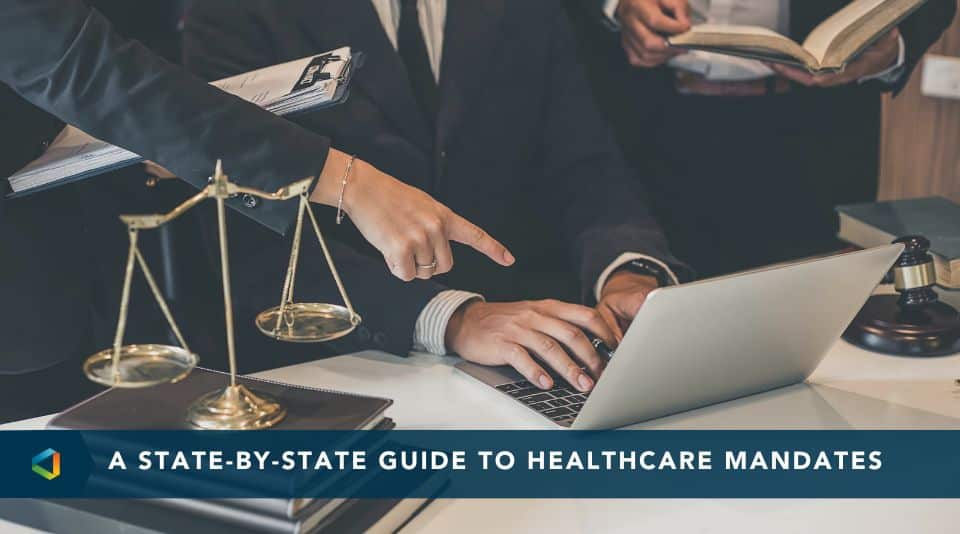Compliance Confidence
The Future of the Affordable Care Act (ACA)
The Future of the Affordable Care Act (ACA)
Ongoing Developments in the Constitutionality Challenge
The Supreme Court calendar for the period beginning October 2020 and ending June 2021 now shows November 10, 2020 as the day they will hear oral arguments in the ongoing constitutionality case. The one-hour hearing allows both sides to present their case addressing the following items:
-
Standing to sue
Do the plaintiffs (individuals and States) have the right to challenge the law? Here they look at whether the law causes the parties to suffer harm or injury;
-
Whether the individual mandate penalty is a tax:
Does the elimination of the monetary penalty for failure to have insurance coverage under the ACA’s individual mandate cause the penalty to lose its status as a “tax”? [This was the basis for the SCOTUS previous decision regarding the constitutionality of the individual mandate; and
-
Severability:
If the individual mandate, i.e., the minimum-essential-coverage requirement, is now invalid, are the remainder of the ACA’s provisions inseverable from the law or can the rest of the law stand on its own?
Background
The challenge to the constitutionality of both the individual mandate provision of the ACA, as well as the ACA law, continues. The past articles provide context and chronology to the battle beginning in 2010.
- The Future of the Affordable Care Act (ACA) (6/19/18)
- ACA Watch 2019 | Constitutionality of the Affordable Care Act (Texas v. Azar) (1/11/19)
- ACA Watch 2019 | Constitutionality of the Affordable Care Act (4/19/19)
- The Future of the Affordable Care Act (ACA): Ongoing Developments in the Constitutionality Challenge (1/27/20)
- The Future of the Affordable Care Act (ACA): Ongoing Developments in the Constitutionality Challenge (3/8/20)
- The Future of the Affordable Care Act (ACA): Ongoing Developments in the Constitutionality Challenge (6/30/20)
Considerations
As predicted, SCOTUS will begin consideration one week after the Presidential election. That puts any decision likely to come sometime in 2021, most likely at the end of the SCOTUS term, i.e. June 2021.
Whatever the SCOTUS decision, i.e. upholding the ACA or striking it, the resulting actions will vary greatly based upon the make up of the new Congress and President. Possible outcomes include:
- Upholding the ACA’s constitutionality of the individual mandate in the absence of the penalty
- This results in no required change to the ACA
- Any changes will be the result of individual party platforms and initiatives to make modifications for improvement in workability of the law
- Decision that ACA’s individual mandate is unconstitutional in the absence of the penalty
- Change to the law is required
- Options include either reinstatement of the penalty or striking this provision from the ACA entirely
- This prompts a decision to determine if the ACA can stand without the individual mandate provision
- If yes, then removal of that section of the ACA transpires with no other action necessary – any further actions the lawmakers want to take will be separate from this action
- If no, then the entire ACA falls – due to the complexity of the integration of this law into the entire insurance industry, careful consideration will be given to dates, deadlines, and methods to carry out the removal of the law that may include a replacement of the law and future, possibly incremental, deadlines
In the interim, the ACA remains the law of the land and employers should continue to comply with all its provisions.




